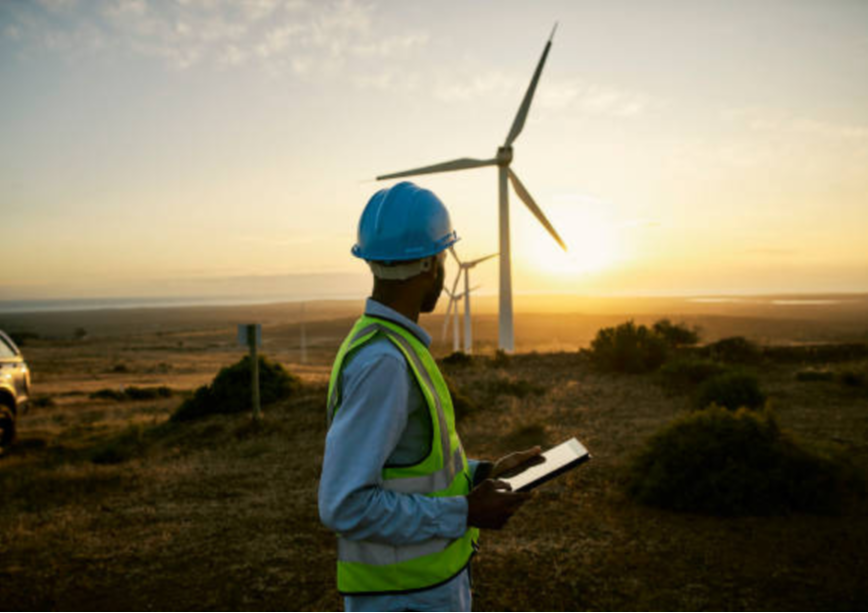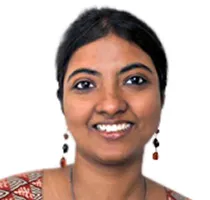
After two decades of economic progress, Africa is once again mired in debt and food insecurity. Sub-Saharan Africa grew by 5 percent between 2000 and 2010 and the region made significant development gains. Poverty declined from a high of 56 percent in 2000 to 42.1 percent in 2010. However, the COVID-19 pandemic delivered a heavy blow to Africa’s economic growth. The Ukraine-Russia war came hard on the heels of the pandemic and led to a massive food crisis in the continent. Currently, the entire region is in the midst of a severe debt crisis. More than half of Africa’s low-income countries are in debt and four African countries viz. Ghana, Zambia, Mali, and Ethiopia have already defaulted. About 39 million Africans slipped into extreme poverty in 2021 and millions are facing acute food insecurity with nearly 33 African countries in need of external food assistance. Africa’s progress on SDGs is slow and uneven. Without accelerated action and a substantial inflow of funds, the continent will not be able to achieve the SDGs.
Finance has been a major barrier to the implementation of the SDGs since their adoption in 2015. The Agenda 2030 stressed strengthening of domestic resources mobilisation and harnessing of private sector funds in addition to meeting aid commitments and innovative financing instruments. However, for most developing countries, particularly in Africa, mobilising domestic resources through taxation is hard. According to United Nations estimates, Africa faces a massive SDG financing gap of about US$ 200 billion per year. On the other hand, most of Africa is now confronted with rising debt burdens, high borrowing costs, and limited fiscal space. The public debt to GDP ratio peaked at 60 percent in 2023 and the average Sub-Saharan African country was paying about 12 percent of its revenues in interest payments, severely compromising development spending. Global crises have also affected the African investment climate more than other regions. In the aftermath of the pandemic, Africa's share in global greenfield FDI fell to its lowest in 17 years, 6 percent, while high-income countries recorded their highest-ever share, 61 percent. The cost of capital in Africa is also much higher than other regions of the world which hampers investments in key sectors such as renewable energy.
Finance has been a major barrier to the implementation of the SDGs since their adoption in 2015. The Agenda 2030 stressed strengthening of domestic resources mobilisation and harnessing of private sector funds in addition to meeting aid commitments and innovative financing instruments.
Africa’s traditional economic source, official development finance (ODA) has become scarcer. Barring four countries Germany, Sweden, Luxembourg, and Norway, developed countries have failed to meet the ODA target of 0.7 percent of gross national income. Despite record ODA levels after the pandemic, developing countries witnessed a 2-percent decline in aid flows due to the diversion of resources to hosting refugees in donor countries after the Ukraine-Russia war broke out. For Africa, the decline was even more pronounced at 3.5 percent. The developed countries also failed to meet their pledge of providing US$ 100 billion of climate finance a year by 2020 agreed upon in the Copenhagen Climate Summit. Without significant external support, the SDG agenda will fail and Africa might experience another ‘lost decade’. Therefore, developed countries must meet their ODA and climate commitments and step up aid to Africa substantially.
However, ODA will not be enough. Mobilising resources to finance SDGs in Africa requires deeper systemic reforms in the international financial architecture which is completely outdated and does not serve Africa’s interests. The pandemic widened the chasm between the North and the South. While the developed North was able to provide massive stimulus to protect their economies and received the bulk of the SDRs, African countries mostly lacked fiscal space and the median stimulus package for the region was only 1.5 percent of GDP. African countries also received only 3 percent of the International Monetary Fund (IMF) SDRs.
However, ODA will not be enough. Mobilising resources to finance SDGs in Africa requires deeper systemic reforms in the international financial architecture which is completely outdated and does not serve Africa’s interests. The pandemic widened the chasm between the North and the South.
Calls for reform of the international financial order are getting louder by the day as it is now clear that Africa is not only poorly represented in international financial institutions but inherent biases in debt contracts, economic conditionalities, credit ratings, SDR allocation, tax norms, and lack of adequate representation and limited voting rights in international institutions hold back Africa’s economic progress. The admission of the African Union (AU) as a permanent member of the G20 was of immense symbolic value as it gave representation to a continent that has historically been marginalised in global platforms. But more than that, Africa now has a good opportunity to push for reforms of the global financial architecture and press for economic justice and equal partnership rather than be a mere rule-taker.
At the recent AU Summit in February 2024, Africa outlined several priorities for a global financial order which serves African interests which include: a solution to the debt crisis, more grant and concessional money for Africa, re-channelling of SDRs to African financial institutions, increasing African voice and decision-making power in global bodies, and commitment to a green-growth industrialisation agenda for Africa. Moreover, African Multilateral Financial Institutions (AFMIs) such as the African Export-Import Bank, African Finance Corporation Trade and Development Bank etc., created as a response to the inadequacies of the global financial architecture, also came together to form the ‘Africa Club’ (or Alliance of African Multilateral Financial Institutions) to increase collaboration within institutions and find solutions to Africa’s financing challenges.
At the recent AU Summit in February 2024, Africa outlined several priorities for a global financial order which serves African interests which include: a solution to the debt crisis, more grant and concessional money for Africa, re-channelling of SDRs to African financial institutions, increasing African voice and decision-making power in global bodies, and commitment to a green-growth industrialisation agenda for Africa.
Notwithstanding the importance of its recent initiatives, the AU should aim to forge partnerships with countries in the Global South to pursue its agenda within the G20. AU’s entry into the G20 has occurred at an opportune time when three countries of the Global South (India, Brazil, and South Africa) are setting the agenda for the G20. India is an important ally of the AU as it strived to make AU a permanent G20 member and acted as a voice of the Global South. In a nutshell, massive resources are required to avert another ‘lost decade’ and put the SDGs back on track in Africa. The current global financial order is simply not up to the task of necessitating systemic reforms. To usher in such deep reforms, the AU must up its game and forge close partnerships with India and other Global South countries.
Malancha Chakrabarty is a Senior Fellow and Deputy Director (Research) at the Observer Research Foundation.
The views expressed above belong to the author(s). ORF research and analyses now available on Telegram! Click here to access our curated content — blogs, longforms and interviews.




 PREV
PREV

.png)
.png)